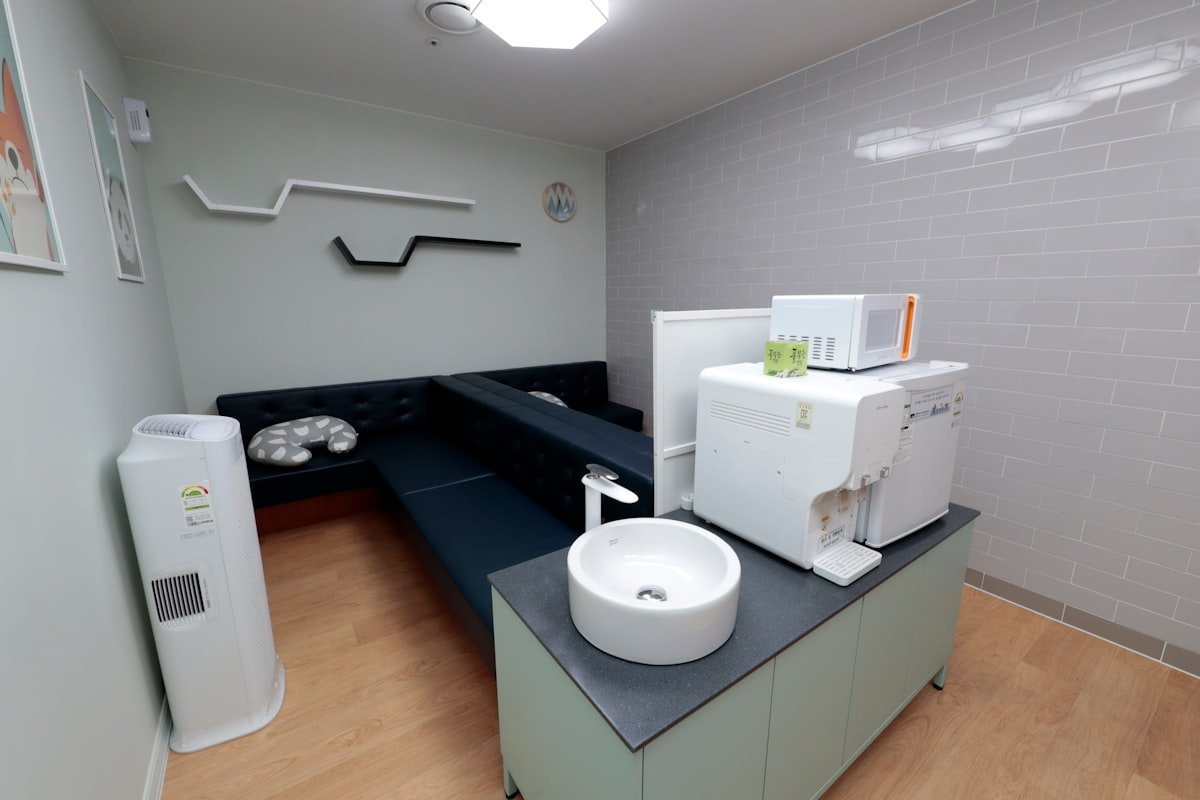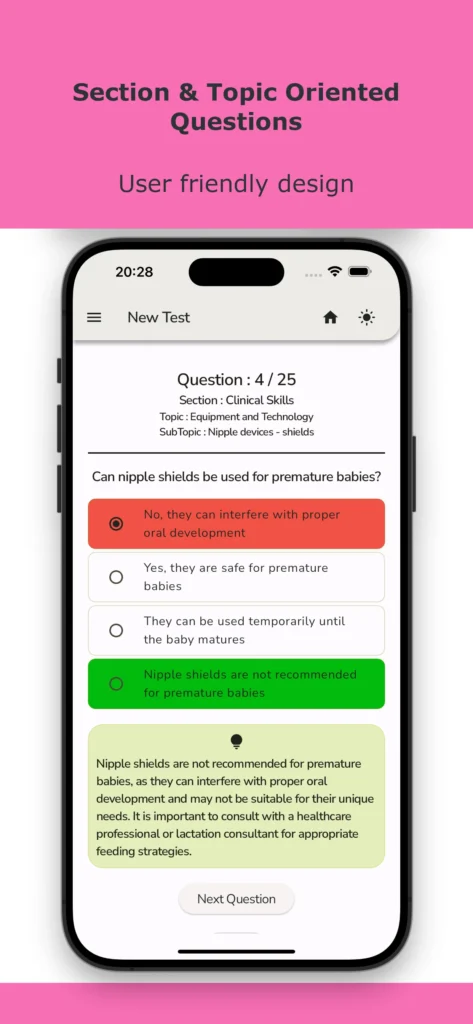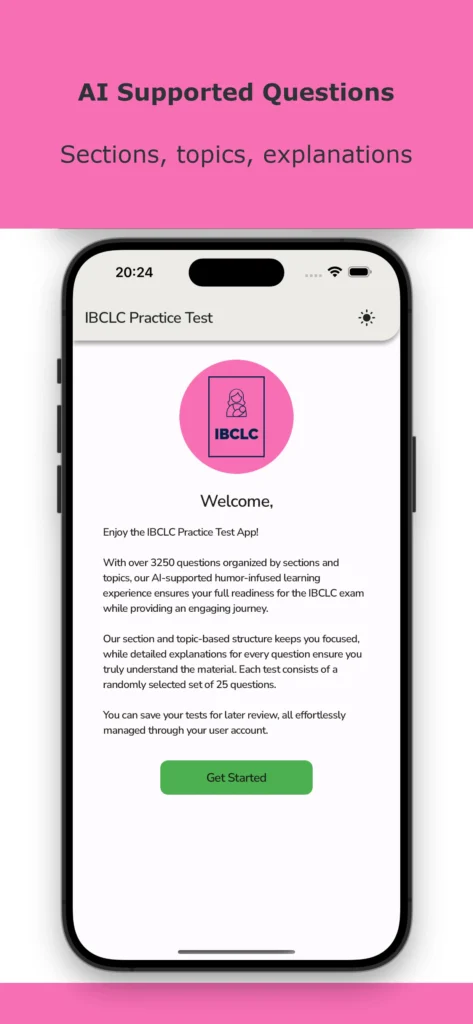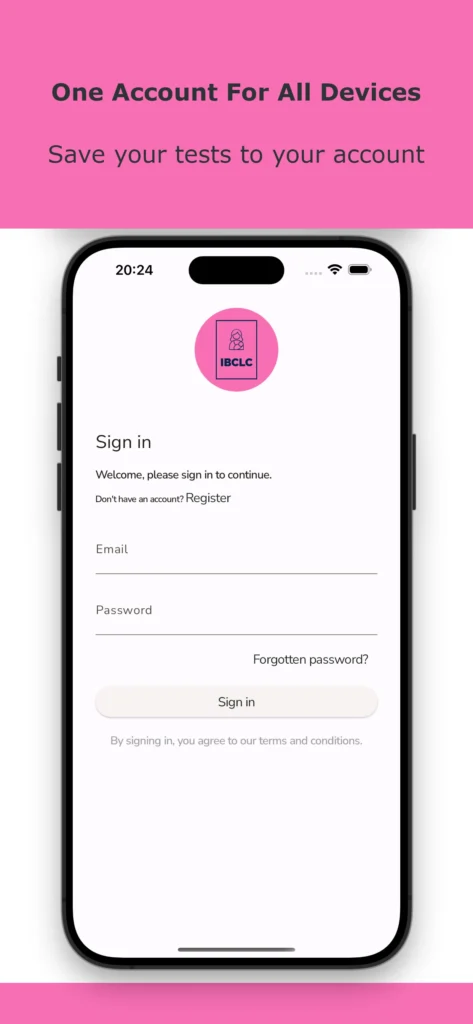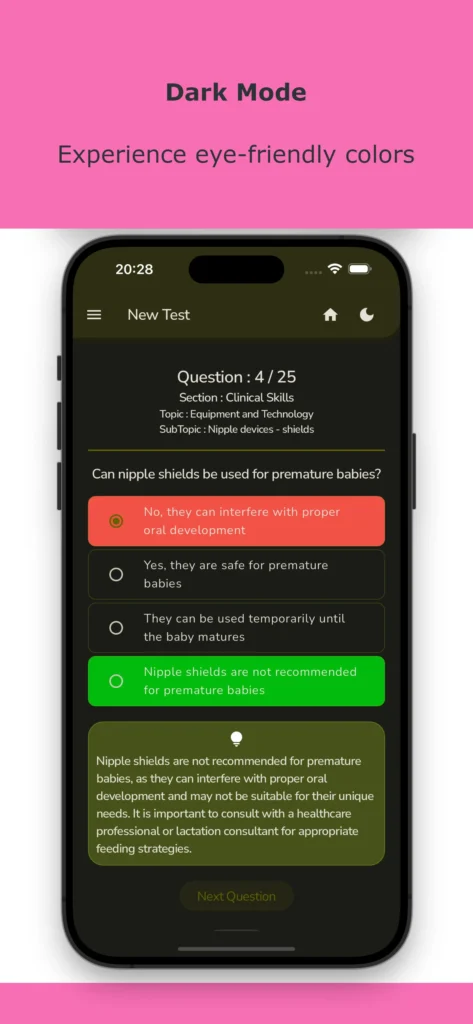Introduction to IBCLC Certification
What is IBCLC Certification?
IBCLC stands for International Board Certified Lactation Consultant. It is the highest level of certification for lactation consultants, recognized globally. IBCLCs are healthcare professionals who specialize in providing expert lactation support and guidance to breastfeeding families.
IBCLC certification is awarded by the International Board of Lactation Consultant Examiners (IBLCE), an independent organization that sets the standards for lactation care worldwide. To become an IBCLC, individuals must meet specific educational requirements, gain clinical experience, and pass a rigorous examination.
Why Choose IBCLC Certification?
Obtaining IBCLC certification offers numerous benefits for aspiring lactation consultants:
- Expertise: IBCLCs possess in-depth knowledge and skills in lactation management, breastfeeding support, and infant feeding.
- Credibility: IBCLC certification is recognized as the gold standard in lactation care, providing credibility and trustworthiness to clients and healthcare professionals.
- Global Recognition: IBCLC certification is internationally recognized, allowing you to practice and contribute to lactation support worldwide.
- Career Opportunities: IBCLCs have a wide range of career options, including working in hospitals, clinics, private practice, research, education, and advocacy.
Requirements for IBCLC Certification
To become an IBCLC, you must fulfill the following requirements:
- Educational Requirements: Complete a minimum of 90 hours of lactation-specific education, covering various aspects of breastfeeding, lactation management, and infant feeding.
- Clinical Experience: Gain a minimum of 1,000 hours of supervised clinical experience in providing lactation support to breastfeeding families. This experience should be obtained within the five years preceding the examination.
- Health Sciences Education: Complete at least 14 health sciences courses, covering topics such as anatomy, physiology, nutrition, and psychology. These courses can be taken at an accredited college or university.
- Exam: Pass the IBCLC examination, which assesses your knowledge and skills in lactation management, counseling, and breastfeeding support.
Continuing Education and Recertification
IBCLCs are required to maintain their certification through continuing education and recertification. Every five years, IBCLCs must accumulate a specified number of continuing education hours and meet other recertification requirements set by the IBLCE.
Continuing education ensures that IBCLCs stay updated with the latest research, practices, and advancements in lactation care, allowing them to provide evidence-based support to breastfeeding families.
Conclusion
IBCLC certification is the pinnacle of achievement for lactation consultants. It demonstrates your expertise, credibility, and commitment to providing high-quality lactation support. By becoming an IBCLC, you join a global community of professionals dedicated to promoting and supporting breastfeeding.
Requirements for IBCLC Certification
What is IBCLC Certification?
IBCLC stands for International Board Certified Lactation Consultant. An IBCLC is a healthcare professional who specializes in providing expert lactation support and guidance to breastfeeding families. Becoming an IBCLC certified lactation consultant requires meeting specific requirements and completing a comprehensive examination.
Education and Clinical Experience
To be eligible for IBCLC certification, individuals must have a minimum of 90 hours of lactation-specific education. This education should cover various aspects of lactation, including anatomy and physiology, breastfeeding management, and counseling techniques. Additionally, candidates must complete a minimum of 1,000 hours of clinical experience in providing lactation support to breastfeeding families.
Health Sciences Education
In addition to lactation-specific education, candidates must also have a minimum of 14 health sciences education credits. These credits can be obtained through coursework in subjects such as biology, anatomy, physiology, nutrition, and psychology. The purpose of this requirement is to ensure that IBCLCs have a solid understanding of the health sciences related to lactation and breastfeeding.
Professional Development
Continuing education is an essential component of maintaining IBCLC certification. IBCLCs are required to complete a minimum of 75 hours of continuing education every five years. This ensures that IBCLCs stay up-to-date with the latest research, trends, and best practices in lactation support.
Supervised Clinical Experience
As part of the certification process, candidates must also complete a minimum of 500 hours of supervised clinical experience. This experience allows candidates to apply their knowledge and skills in a real-world setting under the guidance of a qualified mentor. Supervised clinical experience helps candidates develop the practical skills necessary to provide effective lactation support.
IBCLC Examination
Once the education, clinical experience, health sciences education, and supervised clinical experience requirements are met, candidates are eligible to sit for the IBCLC examination. The examination is a comprehensive test that assesses the candidate’s knowledge and skills in lactation support. Passing the examination is the final step in becoming an IBCLC certified lactation consultant.
Maintaining IBCLC Certification
IBCLCs must renew their certification every five years. To maintain certification, IBCLCs must meet the continuing education requirements and adhere to the IBCLC Code of Professional Conduct. This ensures that IBCLCs continue to provide high-quality, evidence-based lactation support to breastfeeding families.
Pathways to Becoming an IBCLC
What is an IBCLC?
An IBCLC, or International Board Certified Lactation Consultant, is a healthcare professional who specializes in providing expert lactation support and guidance to breastfeeding families. They play a crucial role in promoting and supporting breastfeeding, helping mothers overcome challenges, and ensuring the well-being of both the mother and the baby.
IBCLCs are highly trained and have extensive knowledge in lactation and breastfeeding management. They work in various settings, including hospitals, clinics, private practices, and community organizations.
Why Become an IBCLC?
Becoming an IBCLC offers numerous benefits and opportunities. Here are a few reasons why you might consider pursuing this certification:
- Make a Difference: As an IBCLC, you have the opportunity to make a positive impact on the lives of breastfeeding families. Your expertise and support can help mothers overcome challenges and establish successful breastfeeding relationships.
- Career Advancement: IBCLC certification opens doors to a wide range of career opportunities. You can work in hospitals, clinics, private practices, or even start your own lactation consulting business.
- Personal Fulfillment: If you have a passion for breastfeeding and helping others, becoming an IBCLC can provide immense personal satisfaction. You will have the knowledge and skills to support and empower breastfeeding families.
Pathways to Becoming an IBCLC
To become an IBCLC, you need to meet specific requirements set by the International Board of Lactation Consultant Examiners (IBLCE). There are three main pathways to qualify for the IBCLC certification:
- Pathway 1: Health Sciences Background
This pathway is suitable for individuals with a health sciences background, such as doctors, nurses, midwives, or other healthcare professionals. The requirements include:
-
- Completion of specific college-level courses in health sciences
- Completion of 90 hours of lactation-specific education
- Completion of 1,000 hours of supervised clinical practice in lactation
This pathway is designed for individuals with a college degree in any field. The requirements include:
-
- Completion of specific college-level courses in health sciences
- Completion of 90 hours of lactation-specific education
- Completion of 1,000 hours of supervised clinical practice in lactation
This pathway is for individuals who have gained knowledge and experience through self-study, apprenticeship, or mentorship. The requirements include:
- Completion of specific college-level courses in health sciences
- Completion of 90 hours of lactation-specific education
- Completion of 500 hours of supervised clinical practice in lactation
- Completion of 1,000 hours of lactation-specific clinical practice
Once you have met the requirements for one of the pathways, you can apply to sit for the IBCLC certification exam. Passing the exam demonstrates your knowledge and competence in lactation consulting.
Continuing education is also essential for maintaining your IBCLC certification. You will need to earn continuing education credits to stay updated with the latest research and best practices in lactation support.
Conclusion
Becoming an IBCLC is a rewarding and fulfilling career choice for those passionate about supporting breastfeeding families. By following one of the pathways outlined by the IBLCE, you can acquire the necessary knowledge and skills to provide expert lactation support and make a positive impact on the lives of mothers and babies.
Benefits of Being an IBCLC
1. Professional Recognition and Credibility
Becoming an IBCLC certified lactation consultant is a mark of professional recognition and credibility in the field of lactation support. The International Board Certified Lactation Consultant (IBCLC) certification is the highest level of certification for lactation consultants, indicating that you have met the rigorous standards set by the International Board of Lactation Consultant Examiners (IBLCE).
Having the IBCLC certification demonstrates your expertise, experience, and commitment to providing evidence-based lactation support to mothers and infants. It establishes you as a trusted professional in the field and can open doors to various career opportunities.
2. Expanded Career Opportunities
Being an IBCLC certified lactation consultant can significantly expand your career opportunities. With this certification, you can work in a variety of settings, including hospitals, clinics, private practices, community health centers, and non-profit organizations.
IBCLCs are in high demand, as breastfeeding rates continue to rise, and more families recognize the importance of lactation support. By becoming an IBCLC, you position yourself for a rewarding career helping mothers and infants establish and maintain successful breastfeeding relationships.
3. Enhanced Knowledge and Skills
The process of becoming an IBCLC involves comprehensive lactation-specific education, clinical experience, and passing a rigorous exam. This journey equips you with a deep understanding of lactation physiology, breastfeeding management, and the ability to address complex lactation challenges.
As an IBCLC, you will have the knowledge and skills to provide evidence-based lactation support, assess breastfeeding difficulties, develop personalized care plans, and empower families to achieve their breastfeeding goals. Your expertise will make a significant difference in the lives of mothers and infants.
4. Networking and Collaboration
Being part of the IBCLC community provides you with valuable networking and collaboration opportunities. You can connect with other lactation consultants, healthcare professionals, and organizations dedicated to breastfeeding support.
Networking and collaboration allow you to stay updated on the latest research, best practices, and emerging trends in lactation support. It also provides a platform to share knowledge, seek guidance, and collaborate on projects that advance lactation care.
5. Personal Fulfillment
One of the most rewarding aspects of being an IBCLC certified lactation consultant is the personal fulfillment that comes from helping mothers and infants navigate their breastfeeding journey. You have the opportunity to make a positive impact on the health and well-being of families, supporting them in their breastfeeding goals.
Knowing that you have played a vital role in empowering mothers to provide optimal nutrition and bonding with their infants can bring immense satisfaction and joy. The gratitude and appreciation from the families you serve can be incredibly fulfilling.
Finding an IBCLC Lactation Consultant
What is an IBCLC Lactation Consultant?
An IBCLC, or International Board Certified Lactation Consultant, is a healthcare professional who specializes in providing expert lactation support and guidance to breastfeeding families. IBCLCs are highly trained and have extensive knowledge in lactation and breastfeeding management.
When it comes to finding an IBCLC lactation consultant, there are a few important steps you can take to ensure you find a qualified and experienced professional.
1. Check the IBCLC Certification
First and foremost, it’s crucial to verify that the lactation consultant you are considering is indeed IBCLC certified. The IBCLC certification is the gold standard in lactation consulting and ensures that the consultant has met rigorous educational and clinical requirements.
You can check the certification status of an IBCLC by visiting the International Lactation Consultant Association (ILCA) website or the International Board of Lactation Consultant Examiners (IBLCE) website. These websites provide a directory of certified IBCLCs that you can search by location.
2. Ask for Recommendations
Seeking recommendations from trusted sources can be a valuable way to find an IBCLC lactation consultant. Reach out to your healthcare provider, local breastfeeding support groups, or other mothers who have worked with an IBCLC in the past. Their personal experiences and insights can help guide you in finding the right consultant for your needs.
3. Consider Experience and Specializations
When choosing an IBCLC lactation consultant, consider their experience and any specializations they may have. Some IBCLCs specialize in certain areas such as tongue tie, low milk supply, or breastfeeding multiples. If you have specific concerns or needs, finding a consultant with expertise in those areas can be beneficial.
4. Location and Accessibility
Consider the location and accessibility of the IBCLC lactation consultant. It’s important to find someone who is conveniently located and easily accessible, especially during the early days of breastfeeding when frequent visits may be necessary. You can use online directories or search engines to find IBCLCs near your location.
5. Consultation Fees and Insurance Coverage
Before scheduling a consultation, inquire about the fees and whether the IBCLC lactation consultant accepts insurance. Some consultants may offer sliding scale fees or accept insurance reimbursement, which can help make their services more affordable.
Remember, finding the right IBCLC lactation consultant is essential for receiving the support and guidance you need on your breastfeeding journey. Take the time to research and consider your options to ensure a positive and successful breastfeeding experience.
Conclusion
In conclusion, becoming an IBCLC certified lactation consultant is a rewarding and fulfilling career choice for those passionate about supporting breastfeeding mothers and infants. The journey to becoming an IBCLC involves a combination of education, clinical experience, and passing the IBCLC exam. By obtaining this certification, you will gain the knowledge and skills necessary to provide evidence-based lactation support and guidance to families.
Throughout this post, we have explored the steps required to become an IBCLC certified lactation consultant. We have discussed the importance of completing lactation-specific education, gaining clinical experience, and meeting the requirements set forth by the International Board of Lactation Consultant Examiners (IBLCE).
By completing a comprehensive lactation education program, such as the one offered by the IBLCE, you will acquire the necessary knowledge and skills to support breastfeeding families. This education will cover topics such as anatomy and physiology of lactation, breastfeeding management, infant feeding issues, and counseling techniques.
Gaining clinical experience is a crucial component of becoming an IBCLC. This can be achieved through working with breastfeeding families under the supervision of a qualified lactation consultant or by volunteering at breastfeeding support organizations. Clinical experience allows you to apply the knowledge gained during your education and develop the practical skills needed to support breastfeeding families effectively.
Once you have completed the required lactation-specific education and gained the necessary clinical experience, you will be eligible to sit for the IBCLC exam. This exam assesses your knowledge and competency in various areas of lactation consulting, including breastfeeding management, counseling skills, and ethical considerations. Passing the exam demonstrates your ability to provide high-quality lactation support and positions you as a trusted professional in the field.
Becoming an IBCLC certified lactation consultant opens up a range of career opportunities. You can work in hospitals, clinics, private practice, or community organizations, providing lactation support to families in need. Additionally, you may choose to specialize in areas such as tongue tie assessment and revision, breastfeeding multiples, or working with families experiencing breastfeeding challenges.
In summary, becoming an IBCLC certified lactation consultant requires dedication, education, and clinical experience. By obtaining this certification, you will join a community of professionals committed to promoting and supporting breastfeeding. Your expertise and knowledge will make a significant impact on the lives of breastfeeding families, helping them navigate their breastfeeding journey with confidence and success.

